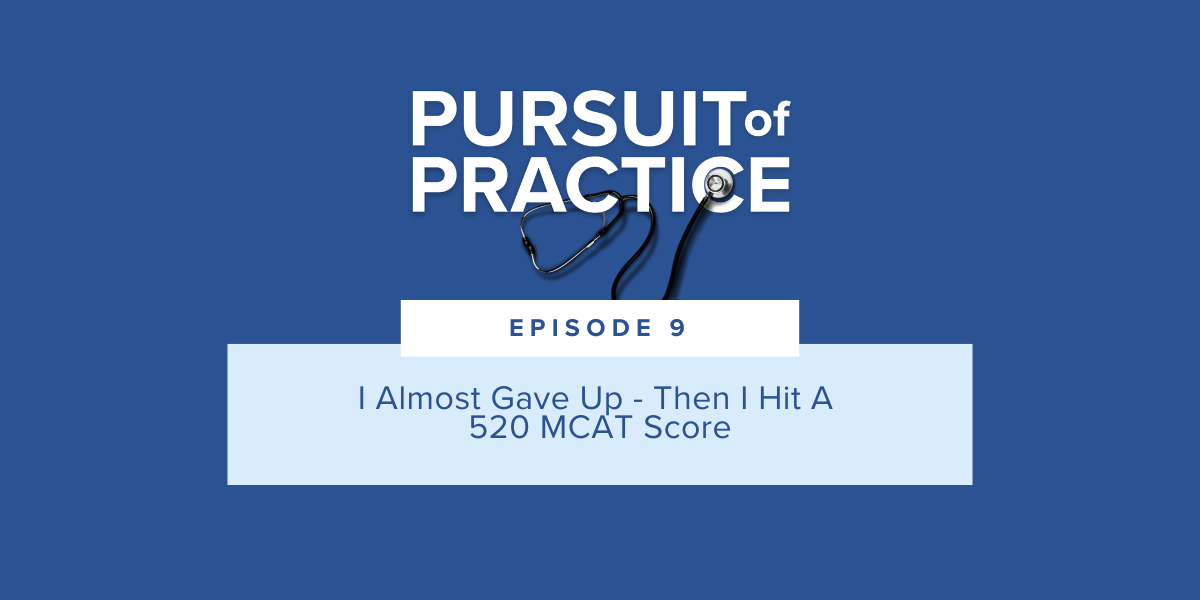As you prepare for the MCAT Psychological, Social, and Biological Foundations of Behavior section (commonly known as the Psych/Soc section), it’s important to familiarize yourself with many psychological and sociological theories. One category of theories explains deviant behavior. In other words, this is any behavior that deviates or differs from social norms. One such theory frequently appearing on the MCAT is the Differential Association Theory.
Developed by Edwin H. Sutherland in the early 20th century, this theory provides a framework for understanding how individuals learn deviant behaviors. This can be a difficult concept to grasp, so we’ll cover the key concepts, applications, and significance of Differential Association Theory for the MCAT.
Further Reading
🧠 Don’t Psych Yourself Over Psych!
Differential Association Theory MCAT Concepts
Key Concepts of Differential Association Theory
Differential Association Theory asserts that deviant behavior is learned through interactions with others. Unlike biological or psychological explanations of crime, which may focus on individual traits or pathologies, this theory emphasizes the social context in which an individual is embedded.
According to Sutherland, the environment in which one grows up, the people they associate with, and the norms they are exposed to play a pivotal role in shaping their behavior.
How Deviant Behavior Is Learned
Sutherland argued that deviant behavior is learned in the same way as any other behavior: through communication and social interaction with different people. The theory suggests that individuals learn the techniques of deviating from social norms, as well as the motives, drives, rationalizations, and attitudes necessary for this behavior. This learning occurs predominantly within intimate personal groups, such as family and close friends.
Differential Associations
The core of the theory is the concept of differential associations. This refers to the balance of interactions one has with people who either condone or condemn deviant behavior. If an individual is exposed to more associations that support deviance than those that do not, they are more likely to engage in deviant behavior themselves. These associations vary in frequency, duration, priority, and intensity, all of which contribute to the likelihood of learning and adopting deviant behavior.
Influence of Group Norms
Another crucial aspect of Differential Association Theory is the influence of group norms. Sutherland asserted that individuals are not born with deviant tendencies. Rather, they acquire them through exposure to groups that have established norms supporting deviant activity. The key is that individuals adopt the norms and values of the groups they associate with. This can either reinforce or dissuade deviant behavior.
Applications of Differential Association Theory
Differential Association Theory is particularly useful in explaining a wide range of deviant behaviors. Here’s how the theory applies across different contexts:
Juvenile Delinquency
The theory is often used to explain juvenile delinquency. It suggests young people who grow up in environments where crime is prevalent and normalized are more likely to engage in criminal activities. Peer influence plays a significant role in this, as adolescents are particularly susceptible to the attitudes and behaviors of their peers.
White-Collar Crime
Sutherland also extended the theory to white-collar crime, a term coined to describe crimes committed by individuals in higher socio-economic classes (such as embezzlement, tax evasion, or insurance fraud). He argued that such crimes are also learned through differential associations, particularly in professional environments where unethical behavior may be tolerated or even encouraged.
Substance Abuse
The Differential Association Theory can also be applied to substance abuse, where individuals learn drug use behaviors through their social networks. For instance, if a person is surrounded by friends or family members who regularly use drugs, they may be more likely to adopt similar behaviors.
Sign up to get expert tips and exclusive invites to free MCAT classes and medical school admissions workshops!
Criticisms and Limitations
While Differential Association Theory has been influential in criminology and is important in understanding social norm deviation in psychology and sociology, it is not without its criticisms. Some of the key limitations include:
- Overemphasis on Social Factors: Critics argue that the theory overemphasizes the role of social factors in determining behavior, neglecting individual differences and psychological factors that may contribute to deviance. For example, it doesn’t account for why some people exposed to the same criminal environment do not engage in criminal behavior.
- Lack of Consideration for Free Will: The theory has also been critiqued for implying a deterministic view of human behavior, where individuals are seen as passive recipients of social influences. This perspective downplays the role of personal agency and choice in the development of deviant behavior.
- Inapplicability to All Types of Deviant Behaviors: Differential Association Theory is more applicable to certain types of behaviors, particularly those involving group participation or peer influence. It may not adequately explain deviant behavior in those who do not have significant social interactions with others.
Differential Association Theory MCAT Significance
For the MCAT, understanding Differential Association Theory is crucial as it illustrates the intersection of psychology and sociology in explaining human behavior. The theory demonstrates how behavior is influenced by social contexts and learned through interactions, which is a key concept in the MCAT’s psychological and sociological content.
Remember that this theory emphasizes the role of social environment and learned behavior in the development of deviance, rather than innate or individual factors.
If you need help with Differential Association Theory MCAT concepts or any part of the test, Blueprint MCAT can help! Whether you need the flexibility of a Self-Paced Course, the instruction of a live 515+ Course, or the 1:1 attention of a private MCAT tutor, Blueprint MCAT has the MCAT prep option that works for your learning style!
Ready to start on the path toward your MCAT score increase? Get access to tons of free MCAT resources today when you create a free Blueprint MCAT account!
Remember, no two MCAT students are alike. It’s important to find the right MCAT prep that works for you. Schedule a free consultation with our experienced Student Success Team to start on the path toward MCAT success.




